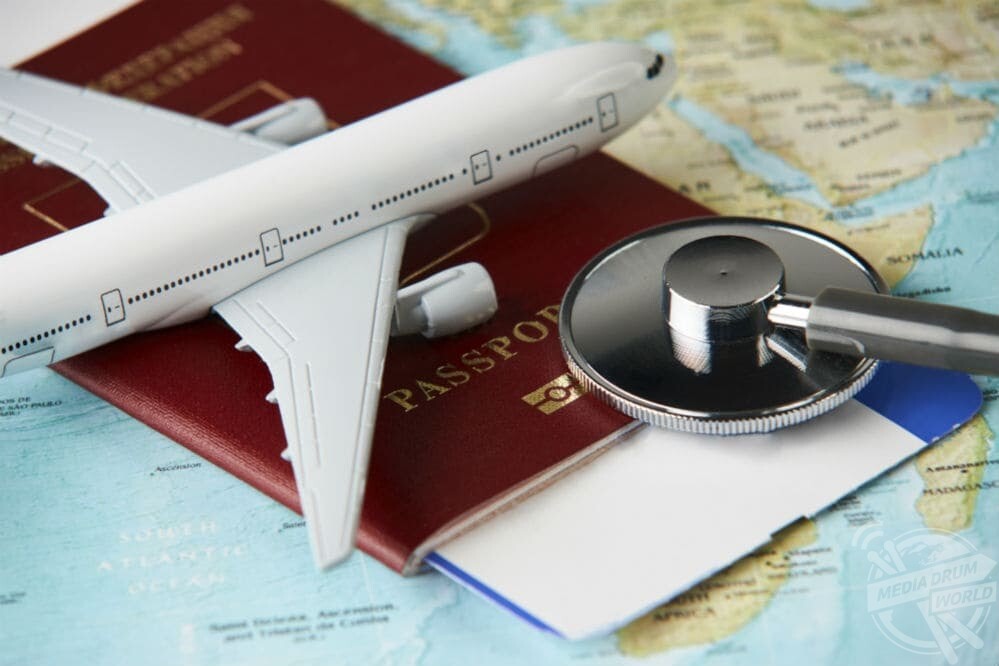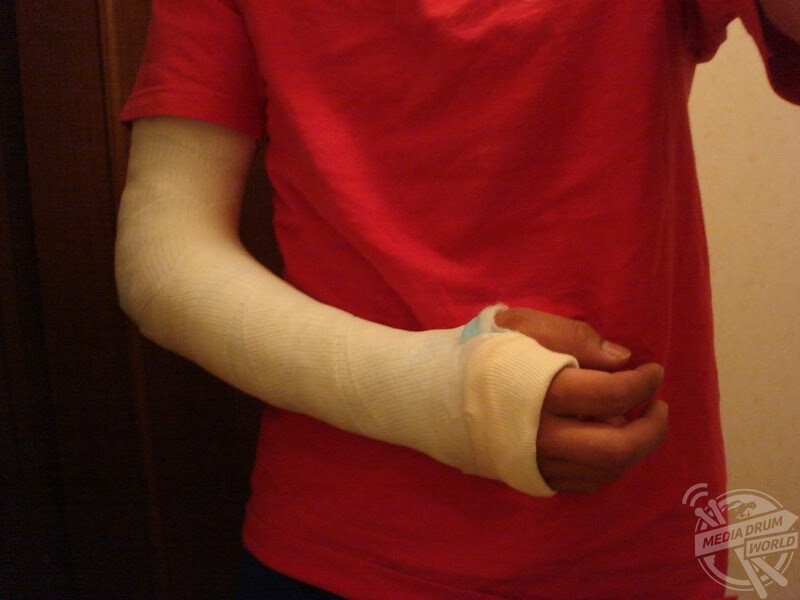
Suffering from an injury during a work trip can be quite perplexing. You may not know how to handle it, whether you should contact your employer, receive treatment wherever you are or return home as soon as you can. As long as you are on a work-related trip, your treatment, as well as any damages you incurred due to your injury, must be covered by your employer. The details of the accident leading to the injury, and whether or not you were hurt while carrying out a work-related activity, will determine if you will be compensated for the injury. For instance, if you are injured at a conference, your employee’s compensation claim will likely provide you with travellers’ compensation. On the other hand, if you decided to add a few extra days to your trip for leisure and that’s when you got injured, then you are most likely not going to receive compensation. Here’s what happens if you get injured while traveling for work.
Will You Receive Compensation?
Receiving compensation depends highly on the circumstances of your injury. To know exactly what will happen or what you should do after getting injured for work, you must first think about the eligibility of your situation. There are many gray areas when you determine whether you have a valid claim. Usually, people give up in fear of wasting their energy and time when they fail at understanding the situation. Some attorneys offer free consultations; you can contact one to make sure that there are no blurred lines. Generally, if your injury occurred while going to a work-related dinner, transporting for work, or staying in your designated hotel for work, then your injuries will probably be covered. However, if your injury was sustained while going to dinner after business hours, sightseeing, or shopping, then your injury won’t be covered. Contact your HR representative to ask about which activities are work-related and determine whether your company offers travel insurance.
What You Should Do
If you are on a business trip and get injured while on duty, there are some steps you must take to ensure your rights, safety, and claim compensation. The first thing to do is report the accident to the person in charge of your accident’s location; work on collecting information immediately. Usually, if someone is looking for compensation for an in-town injury, they have more time to collect information. However, in your case, your time is limited since the trip’s duration will eventually come to an end. Make sure that you take pictures of your injury and the location of the incident, gather witness information and write down everything that happened in detail. If you plan on telling the story, you might accidentally leave out some important details. Besides, if you narrate the incident from memory, you’d likely tell it slightly differently each time, which may weaken your claim.
Receiving immediate medical attention should be your next step is to ensure your safety as well as gather important documentation. Make sure to mention to your doctor that you were working at the time of your injury and keep a file of all medical records, prescriptions, shots, x-rays, screenings, and bills. Also, inform your employer, the person who is in charge of the project, or the HR representative about the incident. Keep in mind that they will file their own accident report, so within one day, you should immediately send in your compensation claim via email or deliver it in person. The Augusta-based legal experts at https://gregorysmithlaw.com/ recommend that you contact an attorney since the process may be highly confusing. An attorney experienced in this area of the law will help you build a strong case to receive your rightful compensation. Besides, your company probably already has a lawyer that will handle the situation for them, so it’s always best to be prepared with sound legal representation.
The Claim Process
Filing a compensation claim for a business travel injury is the same as filing a normal claim. The approval process may be hard, especially if the administrators do not understand the entire situation. This is why you must always have an attorney in case of delay or denial. You can also look into other legal options after filing your claim as your medical or health insurance may not cover all your medical expenses. You may also have a personal injury claim to file against a hotel, an airline, or a restaurant. The process of filing an injury claim may differ from one state to another. However, generally, you are required to complete and file all the important paperwork to the correct court. The main or first document is the complaint, where you make your case. Ensure to draft it correctly, follow the right outline, and write it professionally.

Your complaint should highlight the defendants, establish the court’s jurisdiction, state your legal claims, state the facts, and establish the request for your compensation. The defendant will likely respond with cross-claims, a counterclaim, or a third-party complaint. Then you must prepare for your trial, which is vital for success. After filing all the documents, there will be a discovery period in which both parties gather evidence. Having an attorney at this point is very important because they will help you gather all the sufficient evidence and fight against possible motions for dismissal, judgment, or relocation. Your attorney may even be able to reach a satisfactory settlement before the case goes to trial. Once everything is prepared, and if you don’t reach a settlement, your case will go to trial, where your attorney will present all the evidence and fight for your compensation.
Getting injured on a business trip can be quite infuriating. Not only will it make you unable to participate in further activities, but it will also make your trip back home extremely uncomfortable. A major injury may also interfere with your daily life after the business trip is over. Therefore, it pays to be well-informed of all the procedures and requirements before you travel to ensure you receive the deserved compensation should you get injured on your trip.



